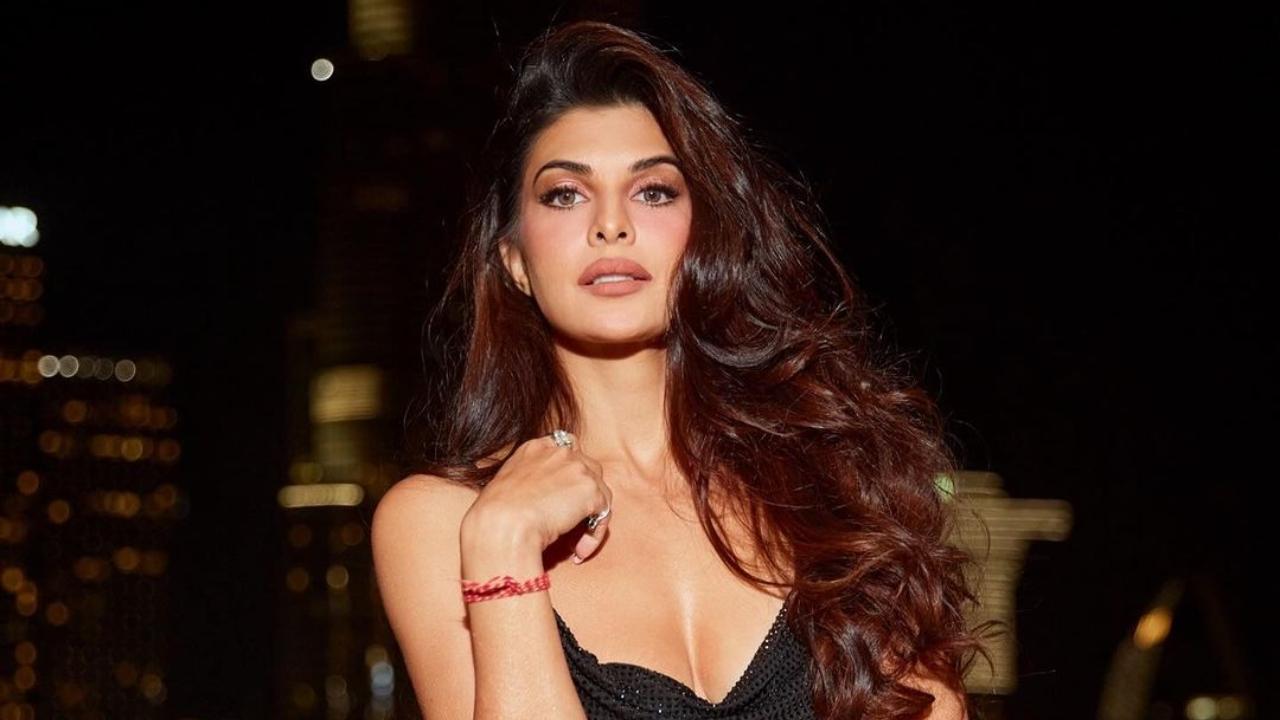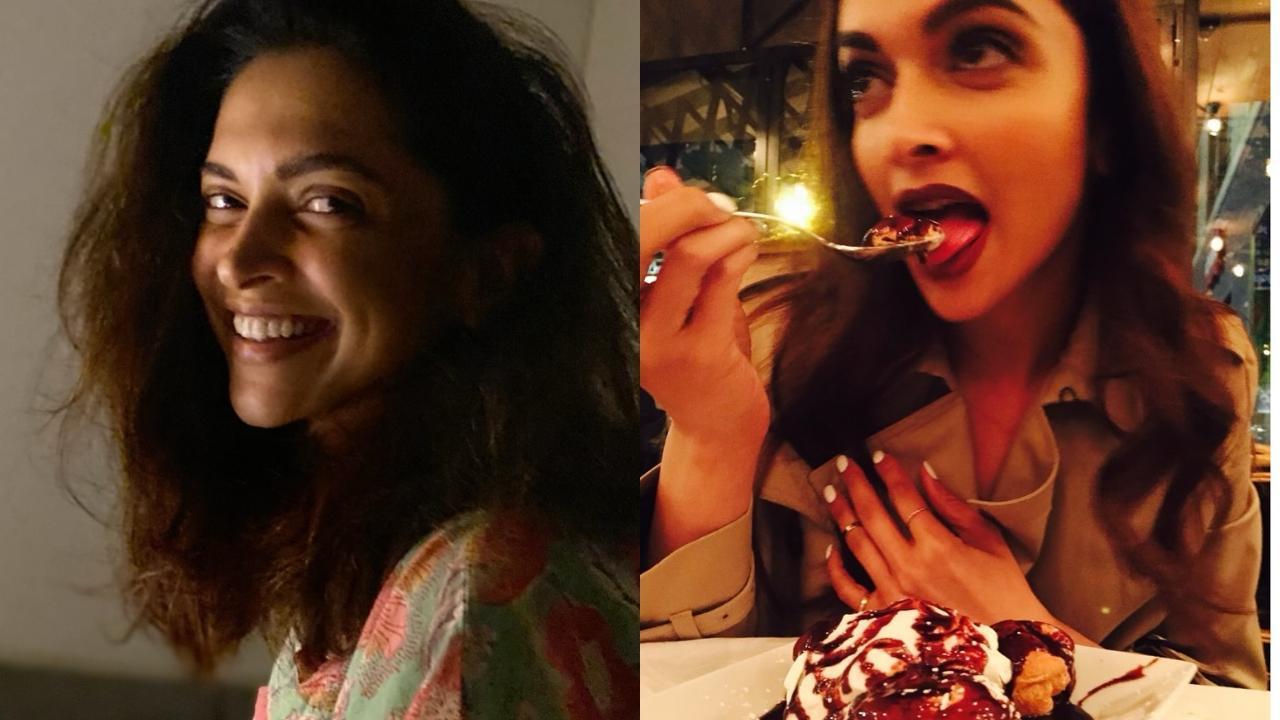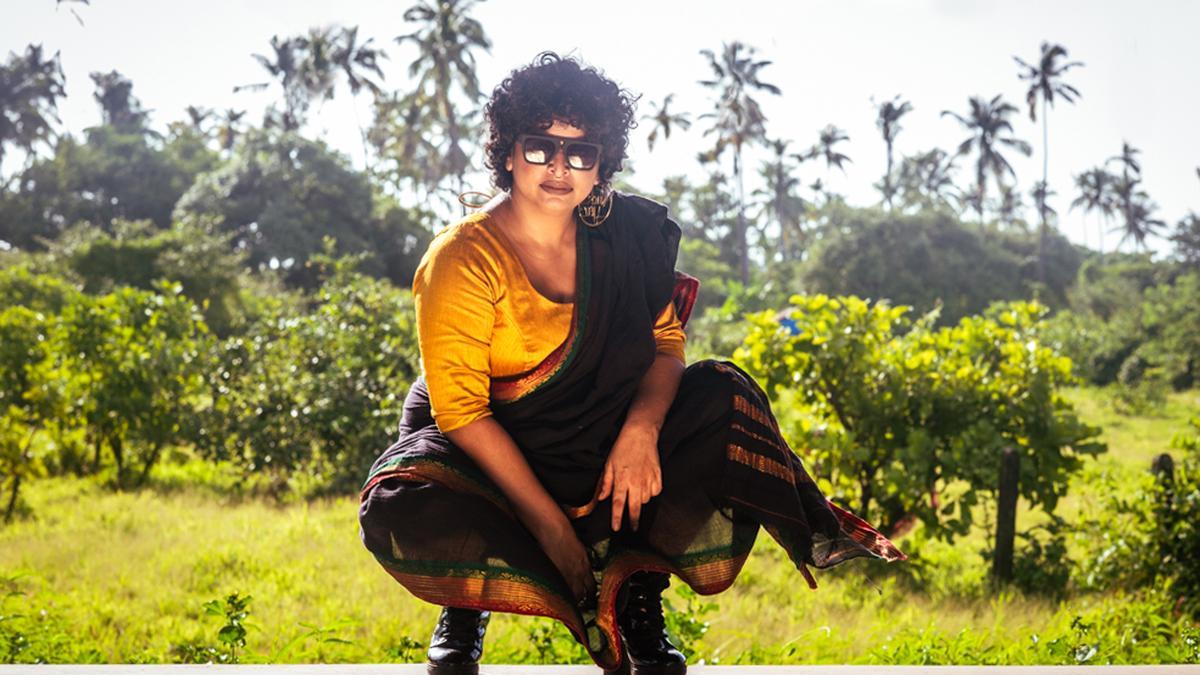
Acclaimed actor Shahid Kapoor has voiced his opinion regarding the evolving reactions to actors portraying aggressive characters on screen. In a time where such roles are increasingly subjected to criticism, Kapoor recalls a period when such performances actually propelled actors to superstardom.
Kapoor, whose recent appearance wooed audiences in the romantic comedy “Teri Baaton Mein Aisa Uljha Jiya,” weighed in on the critical reception of aggressive roles, advocating for a clearer distinction between an actor’s portrayal and a character’s demeanor. “The judgement today is very extreme,” said Kapoor. “Historically, many actors have embodied aggressive characters, yet they were celebrated as superstars or revered as legends. Presently, it’s met with severe scrutiny.” Kapoor insists that the quality of the performance should not be conflated with the characteristics of the role played.
The debate is not merely academic for Kapoor, who faced backlash for his role in “Kabir Singh,” a movie that recreated the Telugu hit “Arjun Reddy.” Both films, known for their bold and aggressive storytelling, sparked conversations around the representation of certain behavior on screen. The director of “Kabir Singh,” Sandeep Reddy Vanga, subsequently made “Animal” with Ranbir Kapoor, which also navigated through a maze of criticism for its portrayal of violence towards women.
In other news, renowned filmmaker Vidhu Vinod Chopra has unveiled his latest venture, “Zero Se Restart,” which promises an intriguing look at the creative process behind his successful film “12th Fail.” Starring Vikrant Massey and Medha Shankr, this project aims to chronicle the tribulations and triumphs from the film’s conception to its release, despite initial skepticism and advice against it. The movie is pegged not as a lesson in filmmaking, but as a vibrant story of overcoming the odds.
The music scene is also abuzz with excitement as singer Armaan Malik joins forces with Calum Scott for their recent single “Always.” The track was born out of their inaugural music session together. Scott described the song as fitting perfectly within his favorite genre and praised Malik’s exceptional talent and authentic vocal quality. Malik reciprocates the sentiment, calling their collaboration a “musical hug” and a testament to the enchanting quality of love. Both artists honor their reputation for creating emotive love ballads with this release, further cemented by their performances during Ed Sheeran’s tour, where Scott additionally featured as the opening act.
On the international front, Priyanka Chopra Jonas has showered accolades on Indian-origin British actor-filmmaker Dev Patel for his directorial debut in “Monkey Man.” Using Instagram Stories as her platform, Chopra lauded Patel and his ensemble cast, including Sikandar Kher and Sobhita Dhulipala. The film, also graced by talent such as Sharlto Copley, Makarand Deshpande, and Ashwini Kalsekar, follows the protagonist, played by Patel, on a valiant quest to avenge his mother’s death at the hands of corrupt authorities.
Returning to the topic of audacious roles in cinema, Vidya Balan demonstrated her prowess by accepting the role of Manjulika in “Bhool Bhulaiyaa” (2007). Acknowledging the complexity associated with mental health disorders, Balan readily agreed to reprise the character in the series’ third installment. Her instant yes was driven by her childhood memory of the original Malayalam film “Manichitrathazhu,” which had both terrified and captivated her.
Finally, television star Juhi Parmar, known for her portrayal of Neerja, a compassionate yet stern mother in “Yeh Meri Family,” reminisced about her ’90s upbringing. Parmar observed that the decade was marked by face-to-face interactions and cherished social gatherings, devoid of the modern technological distractions that seem to besiege today’s youth. She reflects on simpler times when personal engagement and prolonged conversations were the norm, contrasting with the contemporary need for constant entertainment.
As the entertainment industry evolves, so do the perceptions and receptions of various character portrayals, from the stage to the studio and on to the silver screen. Whether it’s challenging acting roles, behind-the-scenes revelations, harmonious collaborations, directional debuts, or societal commentaries, it is clear that the landscape of Bollywood continues to generate dialogue, reflection, and indeed inspiration.










